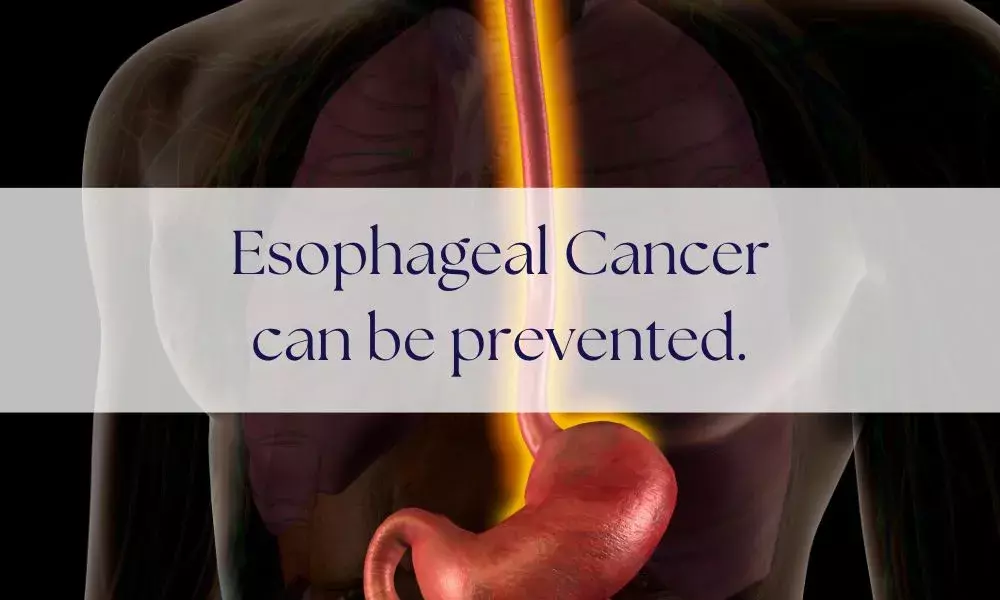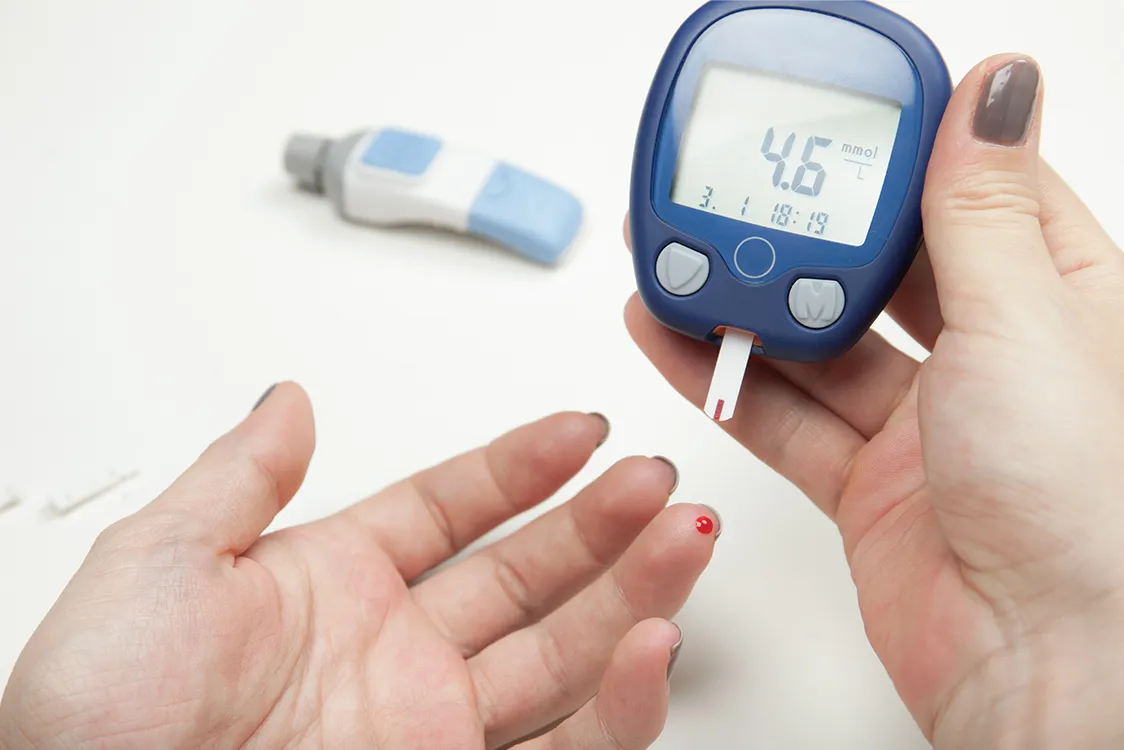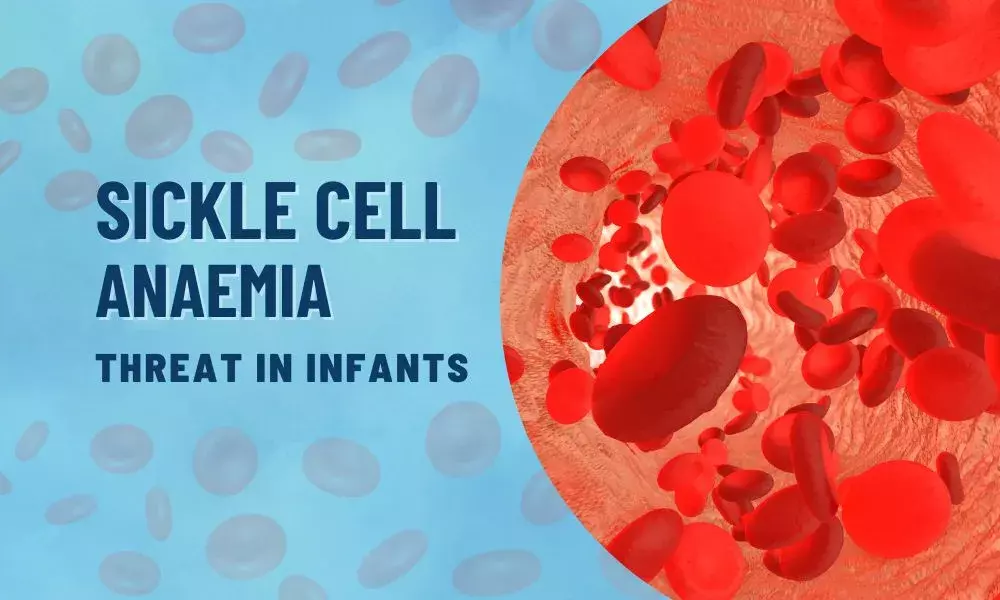Esophageal cancer often surfaces at an advanced stage, making it difficult for the patient to overcome.
Table of Content
-
What is esophageal cancer?
-
Factors causing esophageal cancer.
-
Symptoms and signs.
-
Preventing esophageal cancer.
What is esophageal cancer?
Esophageal cancer is a cancer that affects the tissues of the esophagus, the long tube that aids food movement from the throat to the stomach. This tube plays a vital role in the process of digestion.
It happens when the cells in the esophagus grow cancerous and multiply further to form a tumor. As the tumor grows, it narrows down the opening of the esophagus, making it difficult for the patient to swallow food.
Esophageal cancer is identified as the tenth most common cancer globally. It is a severe and life-threatening disease. This cancer is aggressive and proliferates quickly.
It is often detected at advanced stages; and by then it spreads and affects other organs. Unfortunately, there are no early warning signs to this cancer. But it is essential to know the cause and symptoms of it, so that it can be detected early and treated before it worsens.
Factors causing esophageal cancer.
The potential causes that have been associated with esophageal cancer are:
Excessive Smoking is identified as one of the significant factors causing esophageal cancer. Research shows that people who smoke are at an increased risk of esophageal cancer than non-smokers.
Drinking alcohol has an adverse impact on the lining of the esophagus. Alcohol can damage the esophagus and lead to cancer. People who consume excessive alcohol are more likely to develop esophageal cancer than those who do not drink alcohol or consume it in moderation.
Increased Age: Mostly esophageal cancer occurs in people above age of 50 years. The chances of this cancer increase with age. Studies show that men are more prone to developing esophageal cancer than women.
Gastroesophageal reflux disease (GERD) is when stomach acid moves toward the esophagus, causing irritation, heartburn, and inflammation. This can cause changes in the lining of the esophagus, thereby increasing the risk of cancer.
Obesity may cause inflammation in your esophagus and gradually trigger cancerous growth in its cell.
Additionally, people with a neck or head cancer history are at greater risk of esophageal cancer.
Symptoms of esophageal cancer.
Esophageal cancer often surfaces at advanced stages, making it challenging to detect at an early stage. However, as it grows, patients experience the following symptoms:
Difficulty while swallowing: The most common symptom of esophageal cancer is difficulty eating. This happens because of the tumors in the esophagus.
Discomfort in the Chest: When the tumor grows, it causes pressure on other organs, causing a burning sensation or stress in the chest.
Weight loss: Sudden weight loss can be an alarming sign. Weight loss may occur due to the spreading of cancer and loss of appetite.
Difficulty while speaking: A person may find it difficult to talk due to the growth of cancerous cells around the vocal cords. Hoarseness can cause changes in the tone of voice.
Chronic cough: A severe cough may occur due to tumor growth affecting the nerve around the lungs. Coughing because of esophageal cancer may be persistent and it may also produce blood in the sputum.
Preventing esophageal cancer.
Esophageal cancer is painful and fatal. However, it would help if you make healthy lifestyle choices to reduce your risk of getting this cancer.
It would be best if you avoid excessive smoking and alcohol consumption. You should keep yourself physically active and have a balanced diet, as this can effectively manage a healthy weight. In case of frequent acid reflux or other health concerns, you must consult a doctor immediately.





